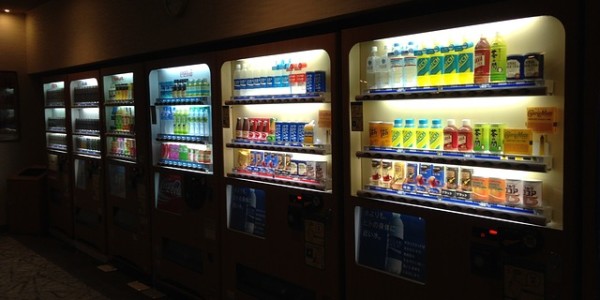For as long as automation has existed, people have been speculating about how automation will impact human jobs. People have predicted that machines will replace the need for human workers for centuries, yet there are still plenty of jobs to go around for people today. That’s not to say that automation has not affected work, but it has yet to eliminate the need for people to hold jobs.
Robotics, automation, and motion control technology are more advanced today than they have ever been, a fact that is convincing more and more people that humans will soon be replaced by machines. However, technology has always and will forever be more advanced than it has ever been before, and people have been mistaken about humans becoming obsolete for centuries. Is it likely that technology has finally become advanced enough to displace the entire human workforce?
Certainly not any time soon. Our machines and robots are capable of some pretty incredible things, and it’s true that there are jobs that have already been made obsolete by technology. Vending machines replaced the need for peanut vendors long ago, and online newspapers were a deathblow to the paperboy industry. Industrial machines have reduced the need for factory workers, and self-driving cars could potentially replace the need for taxi drivers in the next couple of decades.
But what’s happened with jobs and automation throughout history is not simply a matter of machines replacing humans. Instead, machines have taken over the difficult, tedious, dangerous jobs and allowed humans to pursue work in areas that machines cannot do. Machines are better than humans at lifting things, and placing things in exact spots, and working in dangerous environments, but machines are not as good as humans at thinking, designing, planning, etc.
What’s happened so far, and what is likely to continue to happen, is that robots do the dirty work, which makes jobs easier for humans and allows humans to focus on more important jobs. For example, industrial automation took humans off production lines and put them in jobs writing software for motion control systems, or designing new industrial machines, or supervising production lines and making sure that everything is running smoothly.
It’s definitely possible that automation will one day replace the need for human workers, but it’s not likely to happen any time soon.
